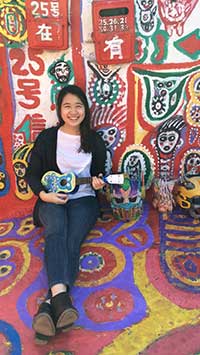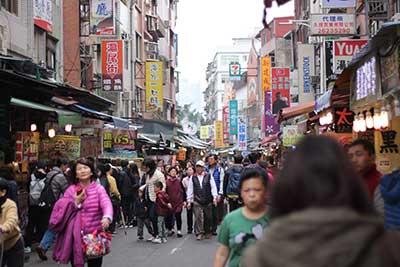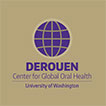About why I chose dentistry

The moment I committed my career path to dentistry occurred while I was teaching English in Taiwan, the country in which my parents grew up. A common practice in Taiwan is to hire a housekeeper, often this means young women move from third world countries to work for affluent families in order to send money. While I was volunteering, I befriended the daughter of a housekeeper and she became attached quickly. When there were group activities she tried to pull me aside so that we wouldn’t play with the other kids. I remember thinking about the factors that played into the situation. Maybe it was her personality, her ethnicity, or her laugh. When she smiled, she had black holes eroding half of her two front permanent teeth, and I couldn’t help but think that it was a contributing factor. A dentist has the capacity to treat the pain from her teeth, but a dentist can also help her feel more confident. I wanted to become a dentist who could help a child make some friends.
Why the DeRouen Center

A large part of why I chose dentistry was to help people. As cliché as the term may sound, the idea of helping people comes in many shapes and sizes. Someone could theoretically develop a pill that solves hunger, others might choose to volunteer at a food kitchen every month. While serving the community on different levels is a good thing, there are also consequences that could arise. For instance, a pill that solves hunger removes the social context of eating and would affect cultural practices.
One practice in global volunteering is “voluntourism,” a combination of volunteering and tourism. In dentistry, this might look like a privately funded trip with the duration of a week that seldom occurs. I used to believe that dental missions were synonymous to helping people, but after learning more about public health, I began to see how motives don’t necessary align with an improvement of health care. There are a variety of ethical issues that arise with voluntourism, which we can discuss in a later article.
What makes the DeRouen Center different, is that it focuses are sustainability and research-oriented interventions. Historically, dentistry has been focused on restorations, but now we are realizing how paramount prevention is to improving healthcare. Furthermore, we focus on partnering with communities to improve the health of their population. Collaborating not only reveals the needs of the population from the population, but it also gives us an opportunity to learn about culture and values, which is important for us as we practice dentistry locally in America. I believe that the DeRouen Center plays a huge role in the Seattle area because of the diversity we experience here and I’m excited to see how we will impact our communities at home and abroad.
You can reach Belle at belleac@uw.edu.
